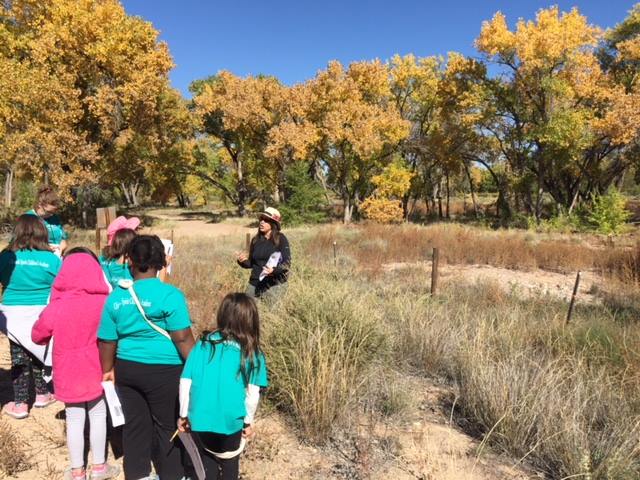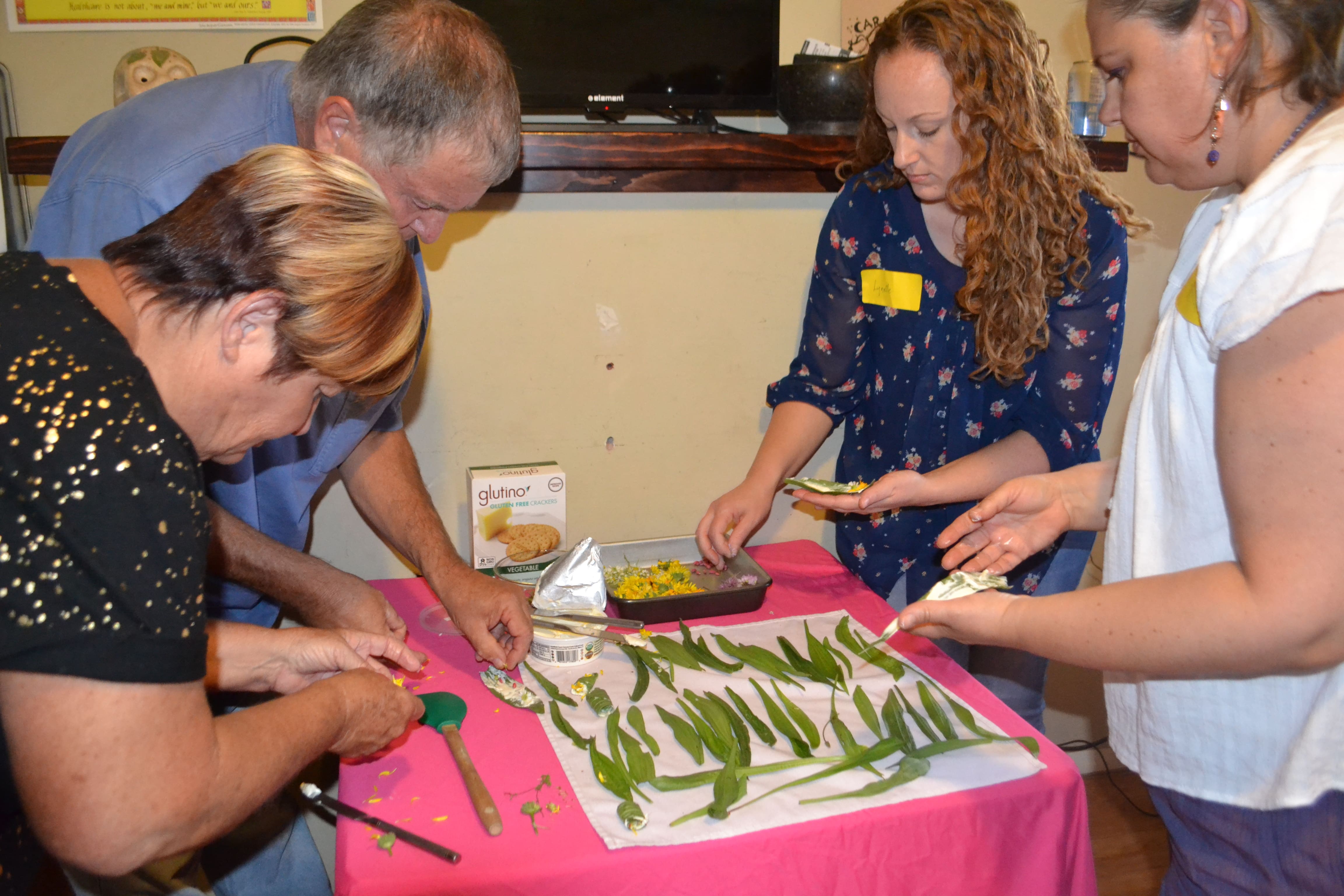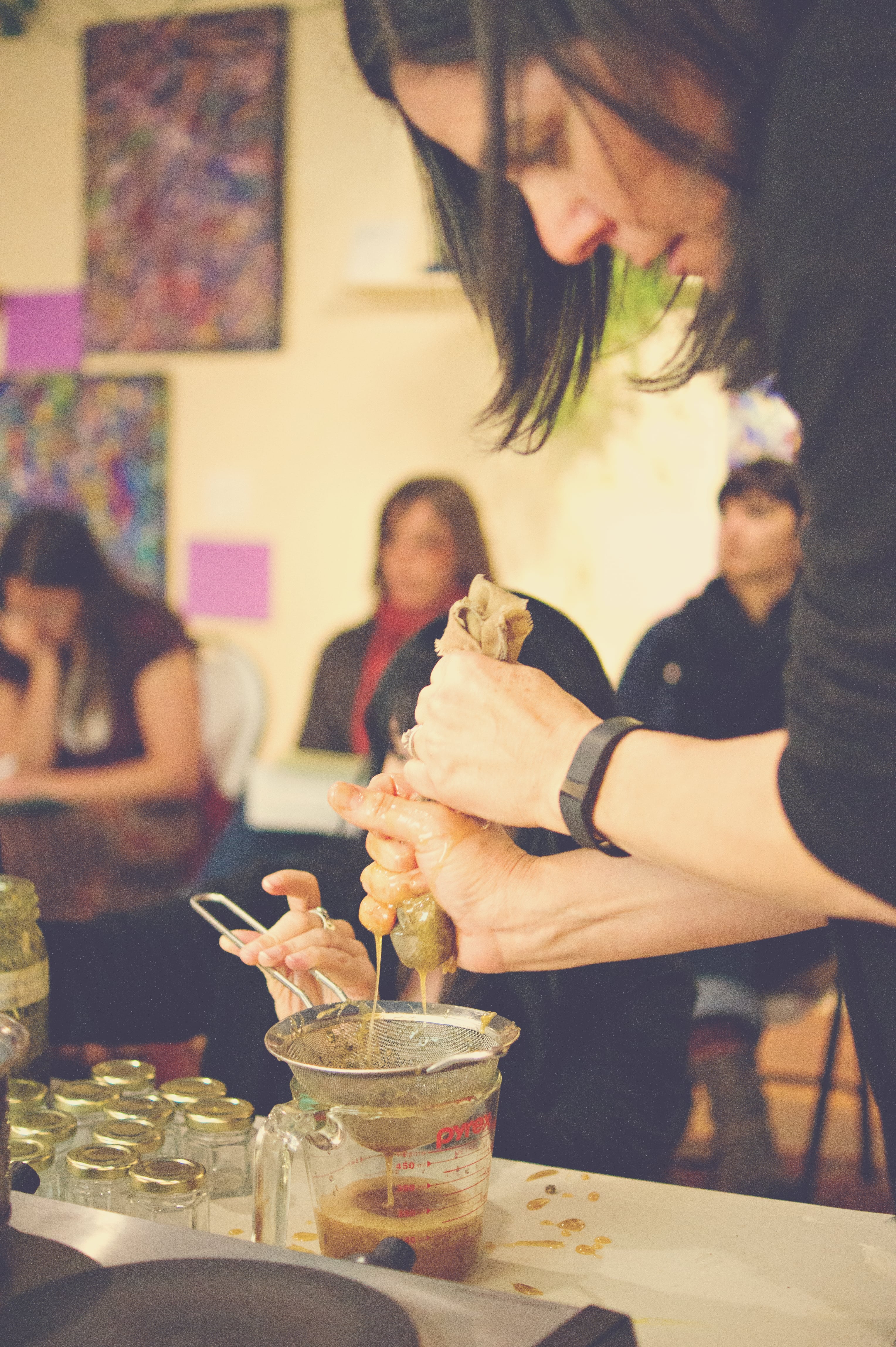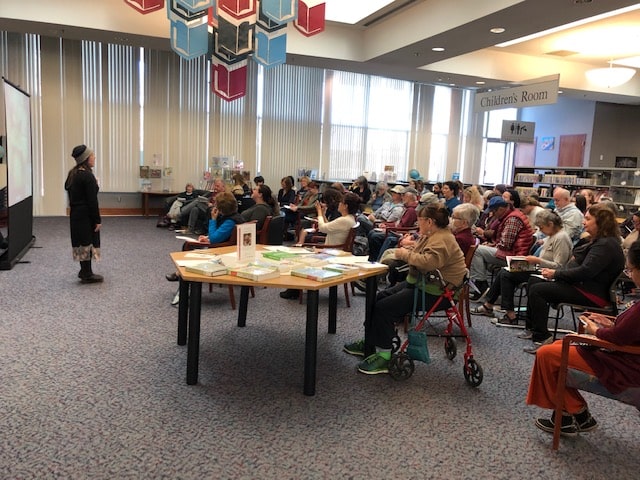





The Yerba Mansa Project offers educational programs that are free for the general public and school classrooms. These events include activities that connect people to the land and plants and are appropriate for a wide audience. Slow-paced plant identification walks through easy terrain afford opportunities for people of all ages and physical abilities to know the plants around them and begin to see their importance to the land, their families, and to themselves. Classes that feature hands-on botanical remedy making and wild food processing encourage the practical skills needed to work directly and safely with plants for increased wellbeing and foster a deeper appreciation and connection to the land. Teaching gardening and cultivation of popular native medicinal plants that are facing habitat pressures creates opportunities for improved urban habitat, easy access to healing and nutritive plants, and reduces pressure on wild populations. Also offering free programs for school classrooms, as described in the “Inspiring Story” section, brings the next generation into nature and provides hope for future solutions. All of these practices perpetuate the cultural traditions associated with our local lands and ensure that future generations will have access to this knowledge and the plants that underlie it.
Creating successful educational events requires broad community support. Most Yerba Mansa Project events are co-sponsored by other organizations including public libraries, city and county open space agencies, environmental- or conservation-oriented non-profits, public and private schools, or local businesses that share our values and mission. These collaborative partnerships provide financial support, increased ability to reach new sectors of our community, and opportunities to cross-pollinate similar efforts being made by all organizations.
As we continued to develop and improve our education programs, we learned about the erasure or minimizing of certain cultural groups, particularly indigenous communities. An important addition to all of our events has been starting with a land acknowledgment. A land acknowledgment is a way of honoring the people who have stewarded the land we are on since time immemorial and also recognizing the deep ecological and cultural knowledge held within these communities. It also provides an opening to discuss the role of colonial policies and modern economic land and water uses that negatively impact the land, water, air, plants, animals, and people. It is an invitation for all people of our community to come together to discuss how we can respect each other, learn from one another, and find common ground in our shared investment in land health and human health.